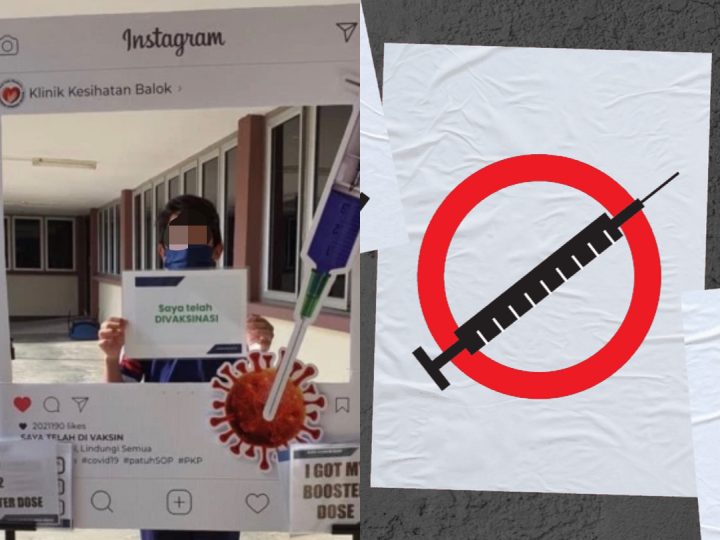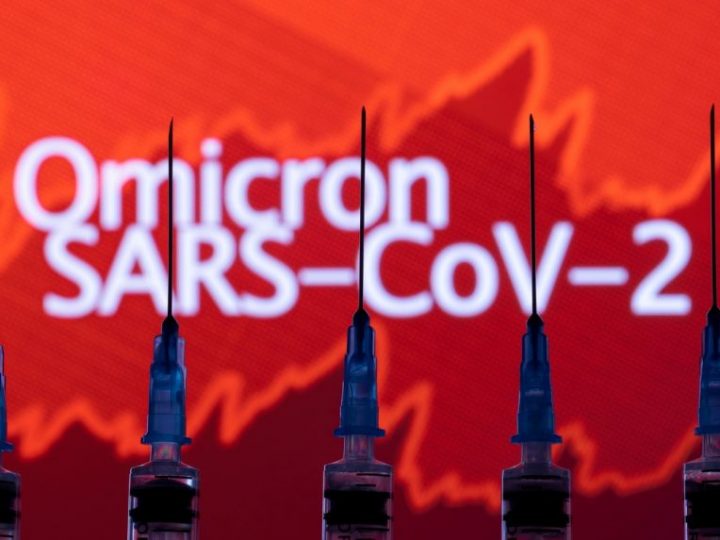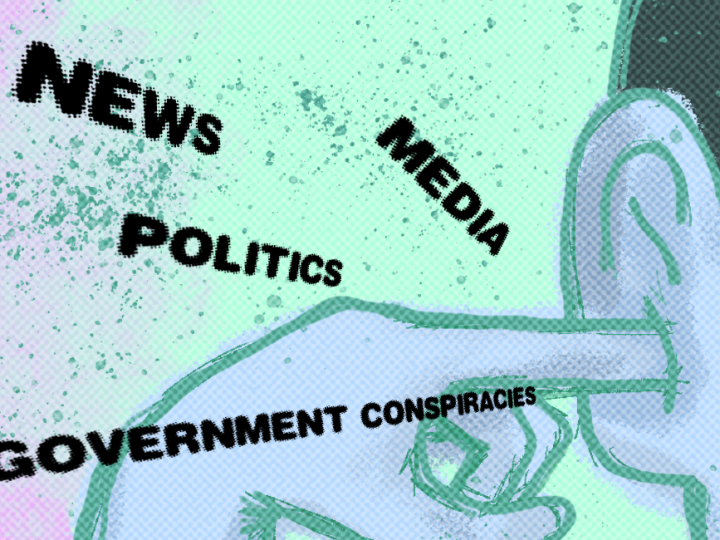Here Are 4 Reasons Why You Should Get Your Second Booster Shot (Not Just Because KJ Said So)
 Thirsty for JUICE content? Quench your cravings on our Instagram, TikTok and WhatsApp
Thirsty for JUICE content? Quench your cravings on our Instagram, TikTok and WhatsApp
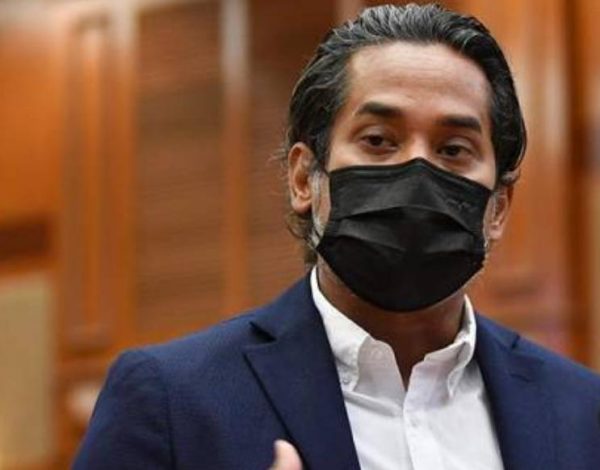
Talk of a second booster shot, or fourth vaccine dose, started out as a sarcastic joke but has since become a reality. Albeit tedious and uncomfortable, evidence of the vaccine’s beneficial nature has not only been proven scientifically via constant research and studies; some of us have experienced or witnessed the alleviation served by these shots first-hand.
Here are 4 reasons why you should get your second booster shot…
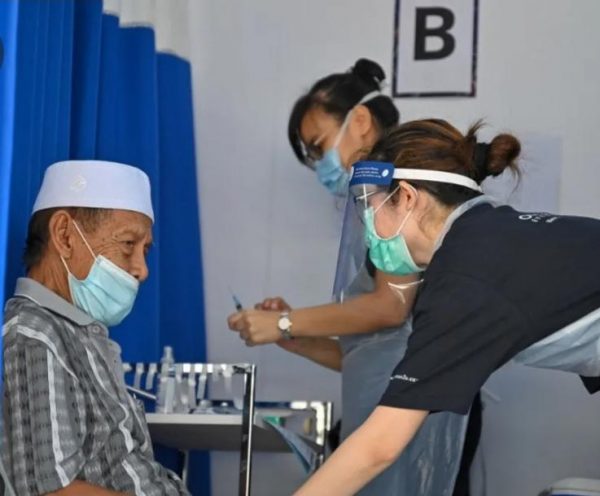
1. For the elderly
For now, the shot is not compulsory but free and definitely encouraged, particularly for senior citizens with aggravated comorbidities. He explained that it will be available via appointment. The elderly will be eligible for this four to six months after their first booster dose.
He also urged those who portray reasonable health and do not seem at risk to talk to their doctor about getting a second booster immunisation as a protective measure.
He added that senior individuals who have had a booster immunisation and have tested positive for Covid-19 can get a second booster three months after they have fully recovered, and Pfizer-BioNTech Comirnaty’s vaccine is scientifically recommended for a second booster dose.
For citizens exempted from vaccination, fret not, as KJ has clarified that:
“Individuals who are not eligible for a booster vaccination for medical reasons, especially the primary Sinovac or Sinopharm recipients or senior citizens who have not yet received a digital vaccination exemption certificate will need to submit a new application.
“They must obtain confirmation from a medical practitioner and then submit an application to the nearest district health department.”
It’s also worth mentioning that when youngsters are boosted, they prevent spreading infections to these high-risk groups as well.
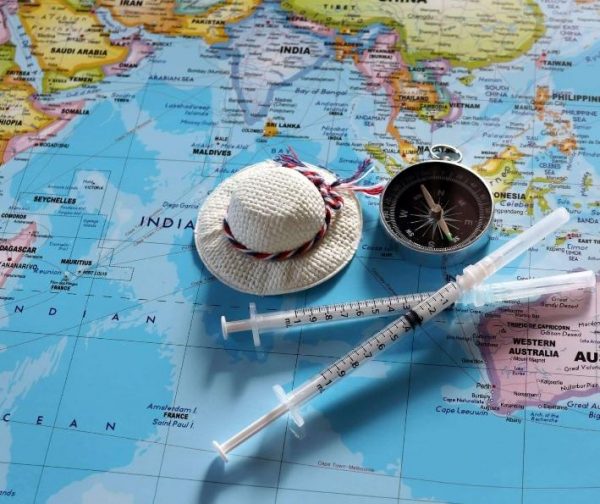
2. To meet travel requirements
Next, Khairy noted that the second booster will ease the travelling process, as “there are some countries in continental Europe that do not recognise Sinovac and Sinopharm vaccines as first and booster doses.”
So, for individuals looking to enjoy a peaceful vacation, the shot could actually help you meet those travel requirements.
In fact, two Malaysian brothers were recently denied admission into Germany after receiving their first two doses of the Sinovac vaccine, which was manufactured in China.
Although Sinovac-ed Malaysians can indeed travel, this comes with terms and limitations. For context, countries such as Germany, Belgium, Japan, India, Italy, Luxembourg, Romania, Poland, Belarus and Czech Republic have yet to recognize Sinovac.
Sinovac is accepted in France, as long as your booster dose is either Moderna or Pfizer. See what I mean? There are vaccine mandates all over, even here in Malaysia.
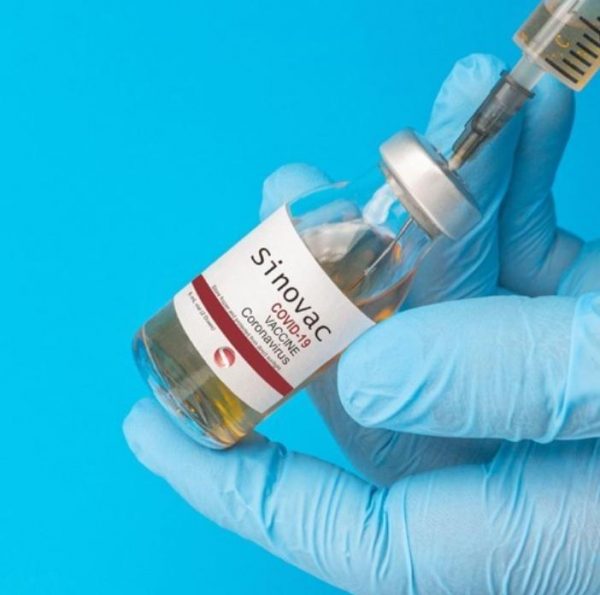
3. To boost your immunity (again)
Last November, New Straits Times stated that while the vaccine was effective when it came to abating Covid-19 symptoms and hospitalisation rates, the effectiveness of the shots tends to die down over time.
“The latest data from the Real World Evaluation of Covid-19 Vaccines under the Malaysia Covid-19 National Immunisation Programme showed that the effectiveness of vaccines in the prevention of Covid-19 infections is reduced by 68 per cent (for Pfizer) and 28 per cent (for Sinovac) in three to five months after full vaccination,” read the report.
At three to five months, those vaccinated with Pfizer and Sinovac had a 79 and 28 percent reduction in Intensive Care Unit hospitalisation, respectively, proving that the booster dose may be necessary after all.
Though the findings could have been impacted by the patients’ age and personal conditions, a higher fatality rate was recorded nonetheless.
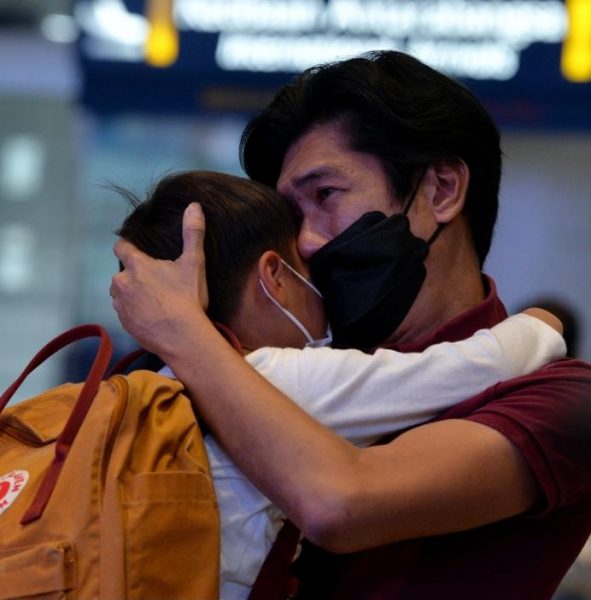
4. To upkeep the progress
We’re greeted by news clippings and social media posts celebrating the country’s transition into the endemic phase, on the daily. But that doesn’t mean that all is forgotten.
As much as we hate to admit it, the supposed end of the pandemic brings about risks and unforeseen circumstances. With the opening of borders, prevalent outstation travel and longer opening hours, we’re dealing with a huge and rapid spike in mobility.
So while the advancement is something to celebrate, it’s equally important to ensure that we aren’t endangering ourselves and others with our plans.
The transition to the endemic phase had already been delayed once- it was previously planned to be implemented in October 2021 but postponed due to the sudden Omicron wave.
It’s especially vital to tread carefully now as the new relaxations not only serve our comfort, but could potentially bring major improvements to our economy and tourism industry.
As Lil Jon once said, shots, shots, shots, shots, shots, everybody!


 Get Audio+
Get Audio+ Hot FM
Hot FM Kool 101
Kool 101 Eight FM
Eight FM Fly FM
Fly FM Molek FM
Molek FM